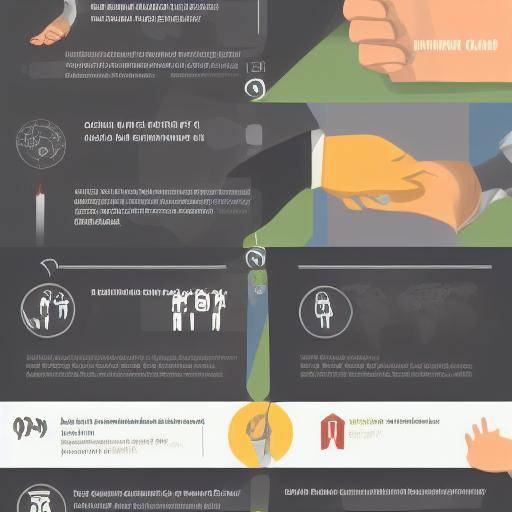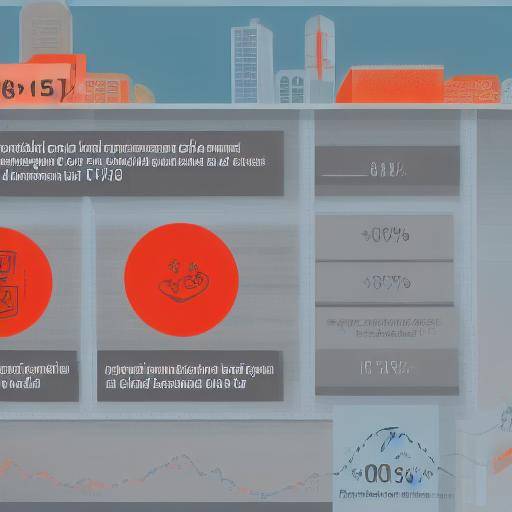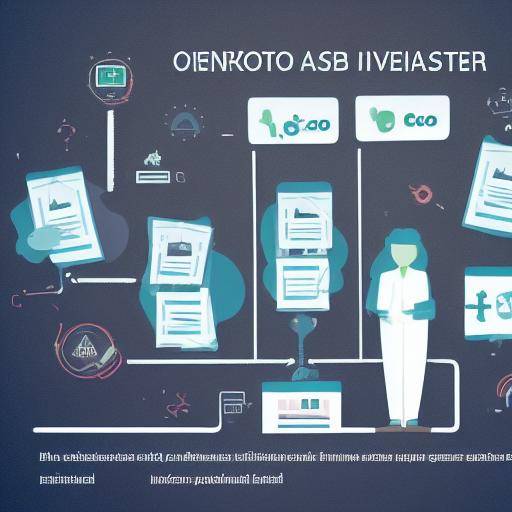
Introduction
The debt consolidation process may seem to be a relief solution for those facing financial difficulties, but if it is addressed incorrectly, it may lead to more problems. In this article, we will explore the importance of a thorough assessment before consolidating debts, the precautions that must be taken during this process and the fundamental decisions that must be addressed with caution.
Assessment before debt consolidation
What is debt consolidation?
Debt consolidation consists of combining multiple debts into one, usually through a loan that has better terms, such as a lower interest rate. However, before this process begins, it is crucial to undertake a thorough assessment of the personal financial situation.
Importance of evaluation
A detailed assessment of existing debts, including interest rates, repayment conditions and additional charges, is crucial to determining whether consolidation is the best option. A complete understanding of existing debts and the terms of the new loan is essential to avoid costly errors.
Advice for effective evaluation
- Calculate the total amount of existing debts.
- Analyze the interest rates and the repayment terms of each debt.
- Compare consolidation loans available on the market.
- Seek advice from financial advisers for an impartial perspective.
Precautions during the consolidation process
Potential risks
In spite of its benefits, debt consolidation entails certain potential risks, such as the risk of getting more debt if the underlying causes of financial difficulties are not adequately addressed.
Precautions to take into account
- Avoid acquiring new debts during the consolidation process.
- Ensure a complete understanding of the terms and conditions of the new loan.
- Establish a comprehensive financial plan that addresses both consolidated debts and future expenditures.
- Avoid risky financial practices that can undermine the benefits of consolidation.
Key decisions
Identify the most appropriate option
Debt consolidation is not the only available option, and it is imperative to make informed decisions on how to proceed.
Alternatives to consolidation
- Renegotiate the terms of existing debts.
- Find financial advice to explore less well-known options.
- Consider alternative payment strategies, such as the specific consolidation of high interest debts.
Conclusion
Debt consolidation can be a valuable resource for those seeking to improve their financial situation, but requires careful evaluation, meticulous precautions and informed key decisions to avoid costly mistakes. By following these steps with caution, you can ensure that debt consolidation is truly beneficial. Remember that it is always advisable to seek professional advice before making important financial decisions.






















































